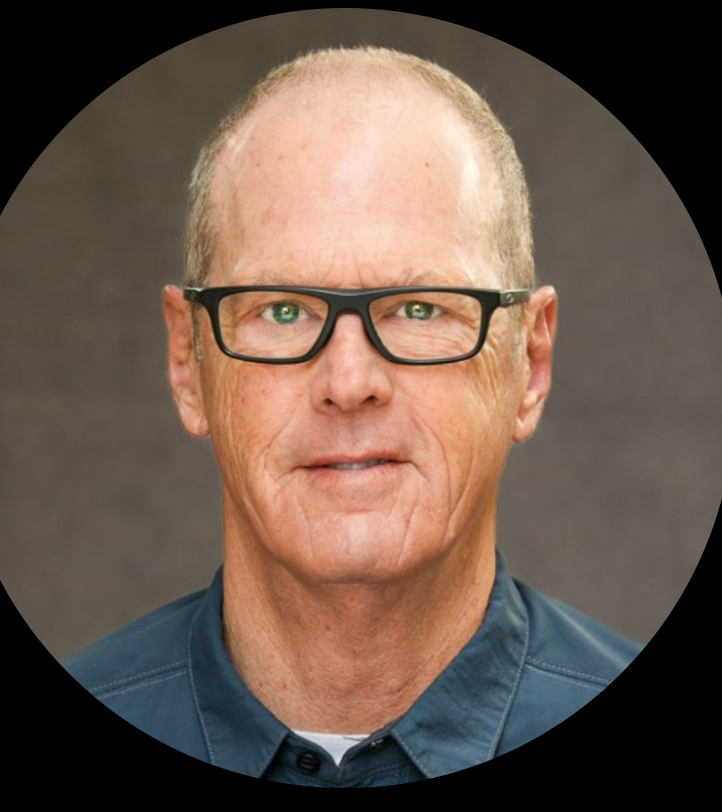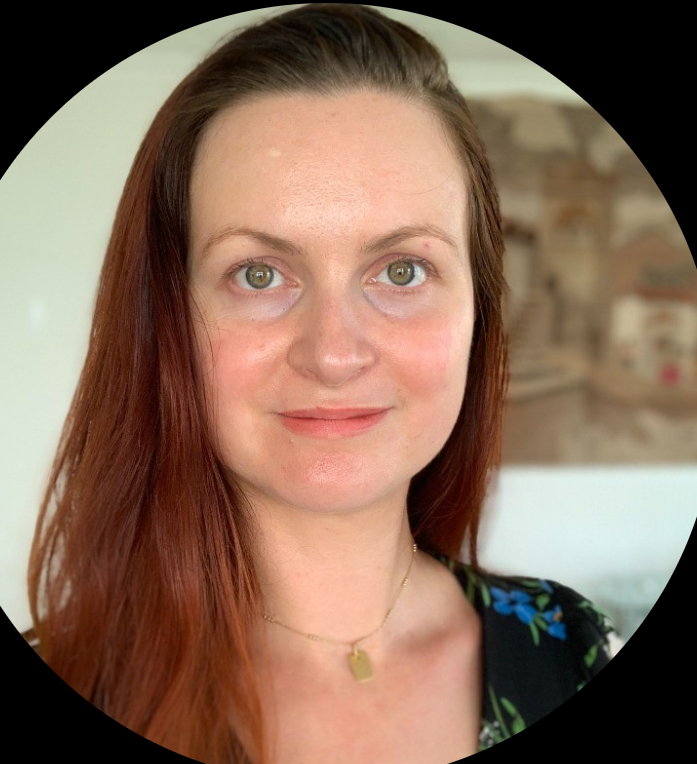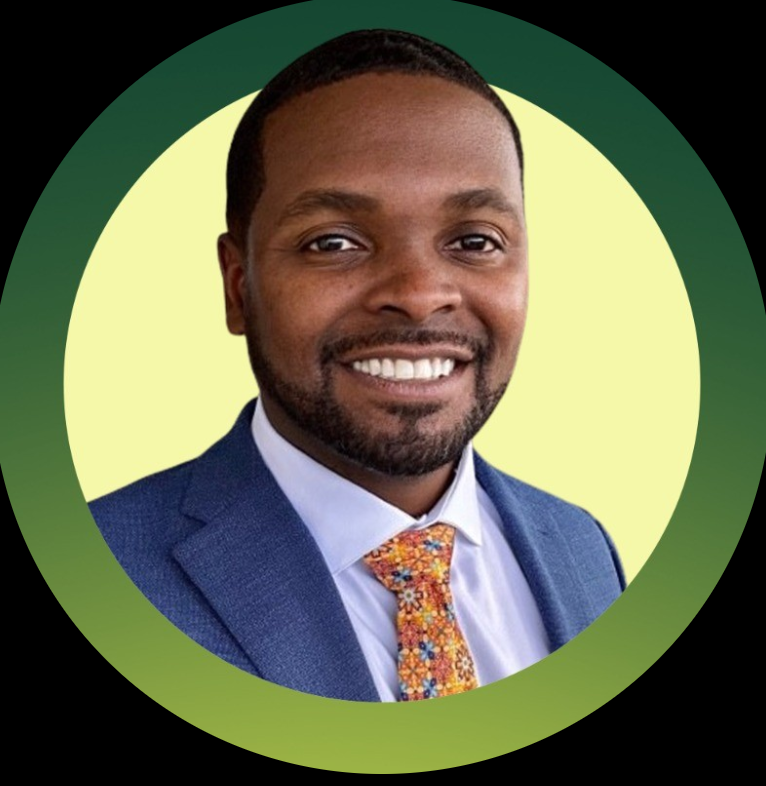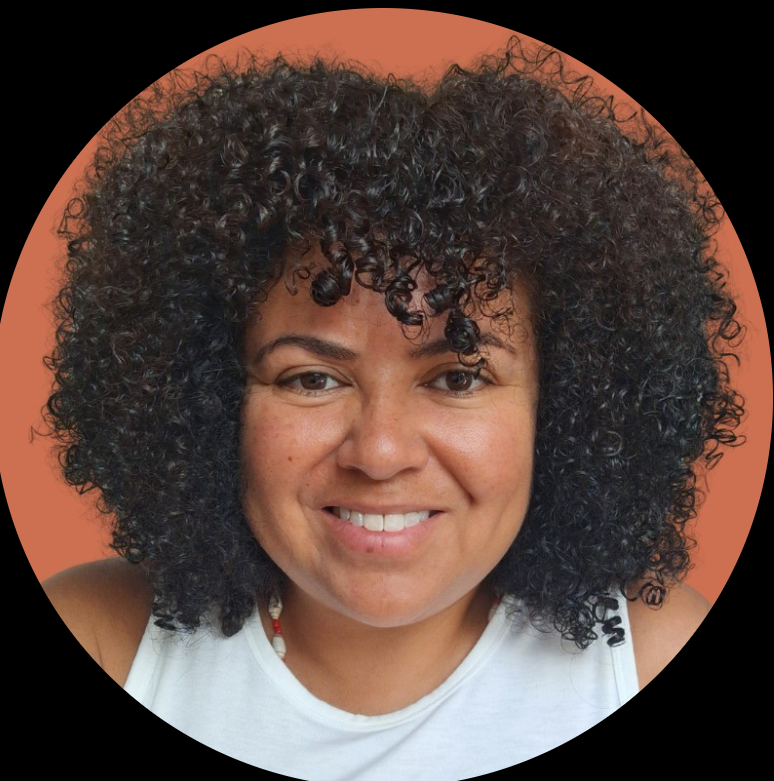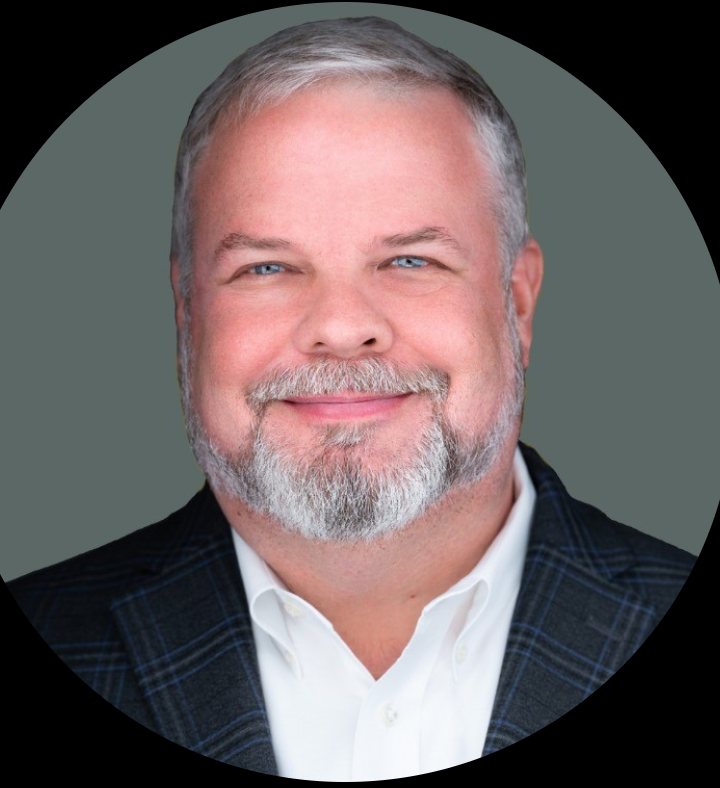Meet Patricia Faust, a passionate advocate for brain health and aging awareness. Her journey began with life-altering accidents that pushed her to reimagine her path, leading her to dedicate her career to studying gerontology, brain fitness, and holistic health. For years, Patricia has worked tirelessly—often ahead of her time—to bring awareness to how lifestyle choices impact brain health, especially in preventing dementia and Alzheimer’s. Humans of Fuzia is proud to feature Patricia because her story embodies perseverance, resilience, and a relentless pursuit of knowledge. Her insights remind our 5 million-strong community that change begins with awareness, empathy, and taking care of ourselves—values central to our mission of supporting women worldwide through both She for She and He for She.
Q: Patricia, could you share what inspired your journey into brain health and gerontology?
A: My life changed drastically in 1997 after two automobile accidents within two weeks. Both cars were totaled, and I was badly hurt—I couldn’t continue in my job. I realized I was already bored in that role, so I saw this as a chance to explore something new. I had always been intrigued by dementia, though back then it wasn’t widely discussed. I wanted to understand it better and help people living with it. I pursued certifications in clinical aromatherapy, believing scent could positively influence behavior, and then went on to study gerontology. That path eventually led me to earn a nursing home administrator’s license and later a master’s degree in gerontology.
Q: What drew you specifically to brain health and fitness?
A: At a major aging conference, I came across a booth on brain fitness. That was a turning point. I thought—this could change everything. If we could teach people how to improve their brain health, we might delay or even prevent dementia and Alzheimer’s. Back then, the concept was too new, and few people believed me. But I kept learning from mentors and diving into research. I spent years educating, writing, and speaking about brain health when almost no one else was talking about it. Now, a decade later, what I was saying then is finally recognized: lifestyle really does determine the likelihood of developing dementia.
Q: You mentioned facing challenges along the way. What kept you going?
A: Perseverance. It wasn’t easy. I faced ageism in my 50s, which made finding opportunities difficult. And for years, corporations and individuals weren’t ready to embrace brain health. I was ahead of the curve. But I stayed committed, writing blogs, publishing my book My Boomer Brain, and speaking whenever I could. I kept reminding myself—if even a few people listened and made changes, it was worth it.
Q: How do you collaborate with others in this field?
A: I may be a solo entrepreneur, but I’ve always believed in collaboration. I work closely with other women in brain health, like Dr. Crystal Koller and Debbie Hampton. We support one another, share resources, and help spread awareness. We may approach things differently, but our goal is the same—to help people take care of their brains and live healthier lives.
Q: What are your thoughts on women in leadership today?
A: Women are naturally strong leaders. Their brains are wired to collaborate, to listen, and to help others succeed rather than compete destructively. They’re empathetic, they encourage innovation, and they create environments where people can thrive. Unfortunately, ageism and systemic barriers still hold many women back. But I firmly believe women bring a leadership style that organizations desperately need—one rooted in empathy, collaboration, and resilience.
Q: What advice would you give to aspiring women leaders?
A: Your time is now. Persevere and be resilient, because challenges will come. Leadership is stressful, and you need to protect your mental health. Stress literally shuts down rational thinking in your brain, so you must find ways to step back—whether through meditation, walking, or taking breaks—to stay centered. Trust your intuition, take care of yourself, and don’t let burnout steal your potential. Resilience is key; if you get knocked down, get back up.
Q: Finally, how do you define success for yourself?
A: For me, success isn’t financial—it’s whether what I’m doing makes me happy and helps others. I’ve often been ahead of the curve, so financial recognition came much later. But I always felt successful because I was learning, teaching, and making a difference. And as I grow older myself, my knowledge has helped me understand and manage my own aging brain, which feels like one of my greatest achievements.
Closing Message from Patricia:
“Believe in yourself, protect your mental health, and keep bouncing back. Resilience will always carry you forward.”
Connect with Patricia Faust on LinkedIn.
Want to be featured? If you’d like to be part of the Humans of Fuzia series, email us at fuziatalent@fuzia.com.




